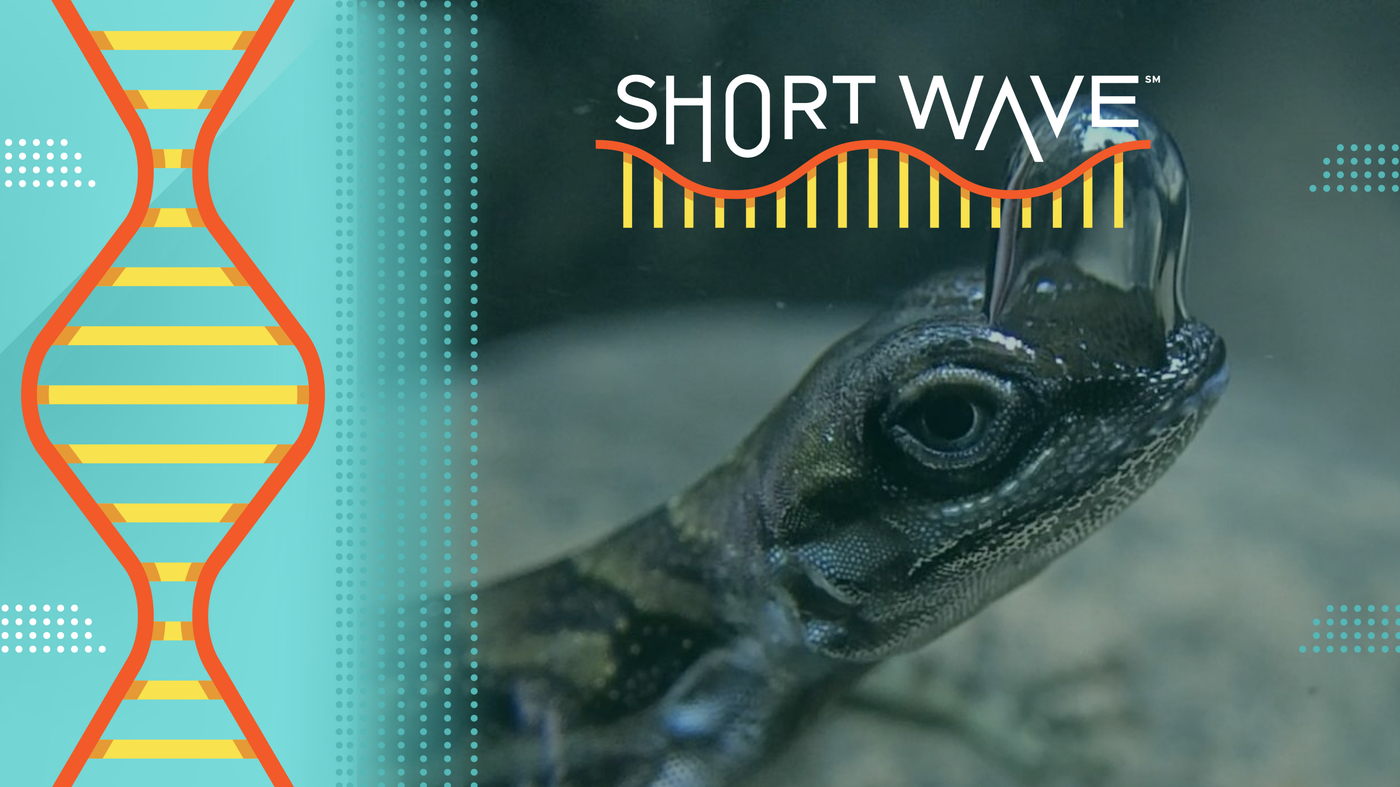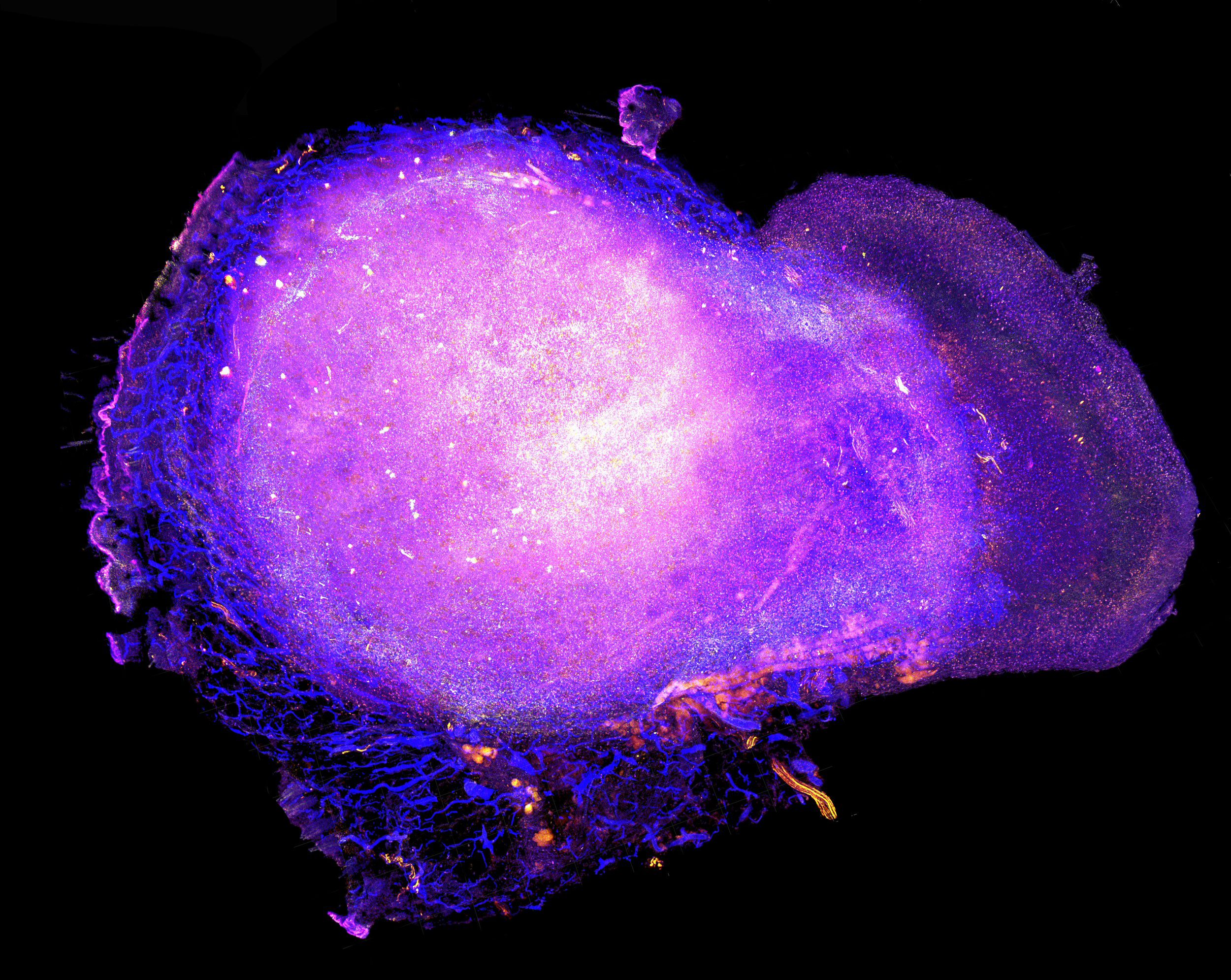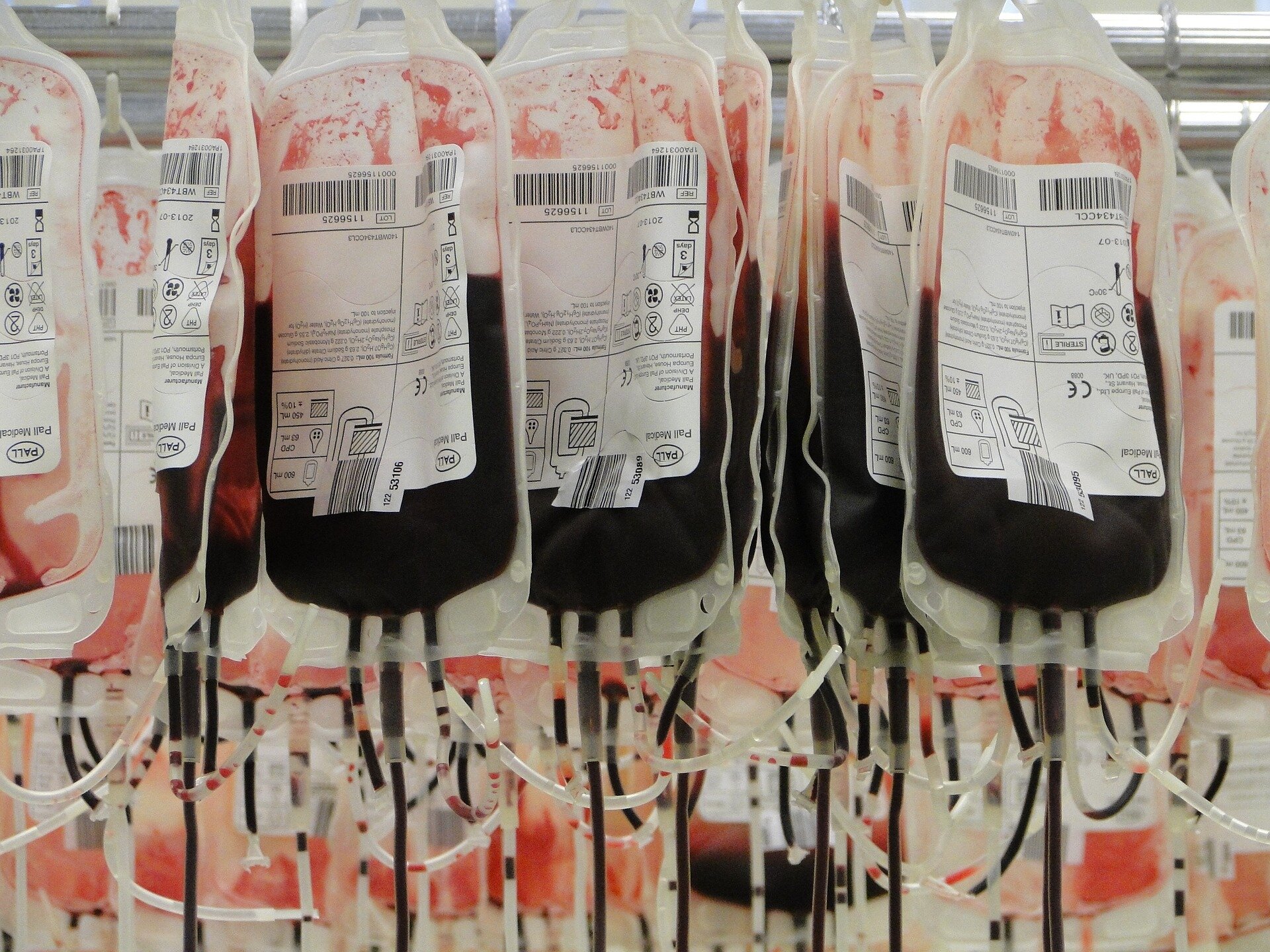This semi-aquatic lizard produces a bubble over its nostrils to continue breathing underwater.
Lindsey Swierk
hide caption
toggle caption
Lindsey Swierk

This semi-aquatic lizard produces a bubble over its nostrils to continue breathing underwater.
Lindsey Swierk
What’s scaly, striped and breathes underwater like a scuba diver?
Water anoles, a semi-aquatic lizard found in the tropical forests of southern Costa Rica. These green-brown water anoles can dive underwater to escape would-be predators — and stay there for over 15 minutes thanks to an air bubble.
“Water anoles are kind of like the chicken nuggets of the forest. They’re less than the size of a pencil. And they’re eaten by so many things in the forest,” says Lindsey Swierk, an assistant research professor at Binghamton University.
In a study published this week by the Royal Society, Swierk and her colleagues describe the bubble-making mechanism and how it helps the lizard to “rebreathe.” Upon diving, anoles exhale a bubble of air. Certain properties of their skin allow the air bubble to stay in place. A bubble appears as an anole exhales and disappears as it inhales.
To prove this aquatic longevity, the research team covered the skin of a bunch of anoles with an emollient to prevent the bubble from forming. Untreated lizards stayed underwater 32% longer than the ones with the anti-bubble coating on their skin.
“It’s just a fascinating fundamental adaptation,” Swierk said.
Earyn McGee, the herpetologist behind #FindThatLizard on social media, said the last few years of bubble research have made her curious about whether anoles had any underwater predators too.
“When the lizards dive in to avoid their terrestrial predators, do they at any point become fish food?” McGee says.
As for Swierk, she hopes to keep studying how anoles manage this rebreathing feat.
“Fundamental science is so important because that’s often where our really new discoveries come from that can impact humans, that can change the way we use materials, the way we change the way we engineer products,” she says.
Want more critter stories? Email us at shortwave@npr.org — we’d love to hear your thoughts!
Listen to every episode of Short Wave sponsor-free and support our work at NPR by signing up for Short Wave+ at plus.npr.org/shortwave.
Listen to Short Wave on Spotify and Apple Podcasts.
This episode was produced by Rachel Carlson and edited by Rebecca Ramirez. Tyler Jones checked the facts. The audio engineer was Kwesi Lee.






